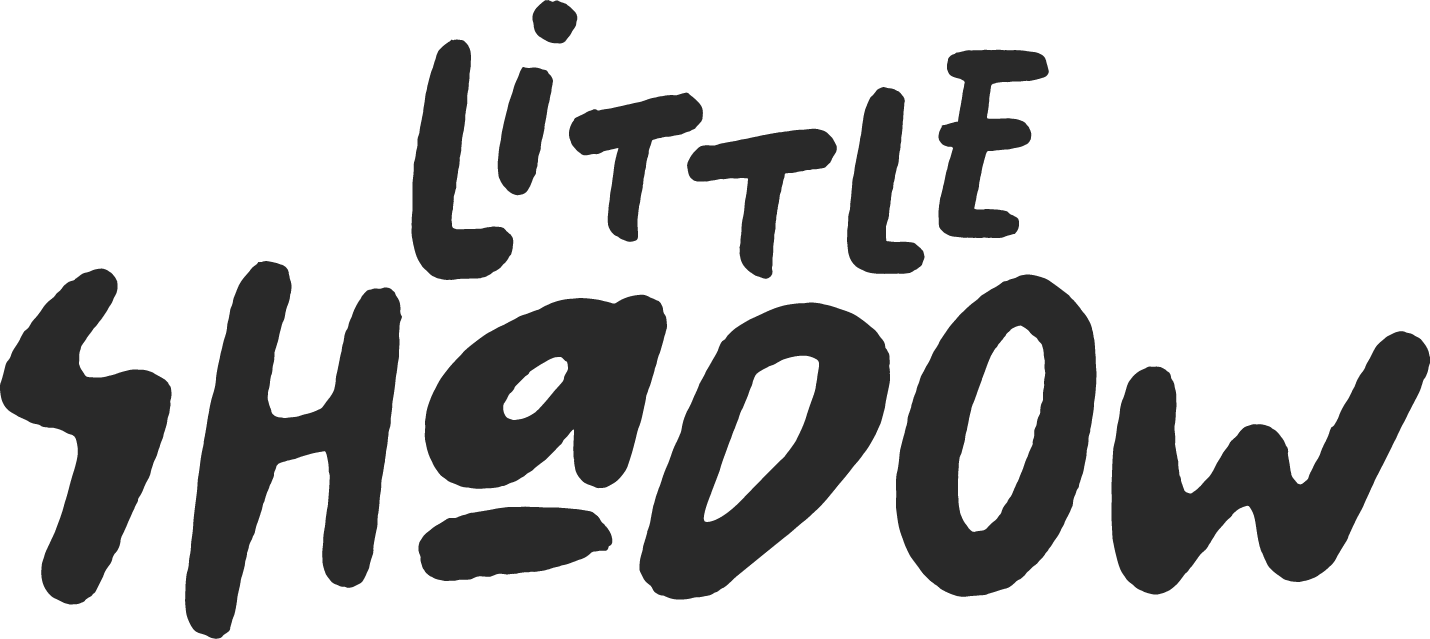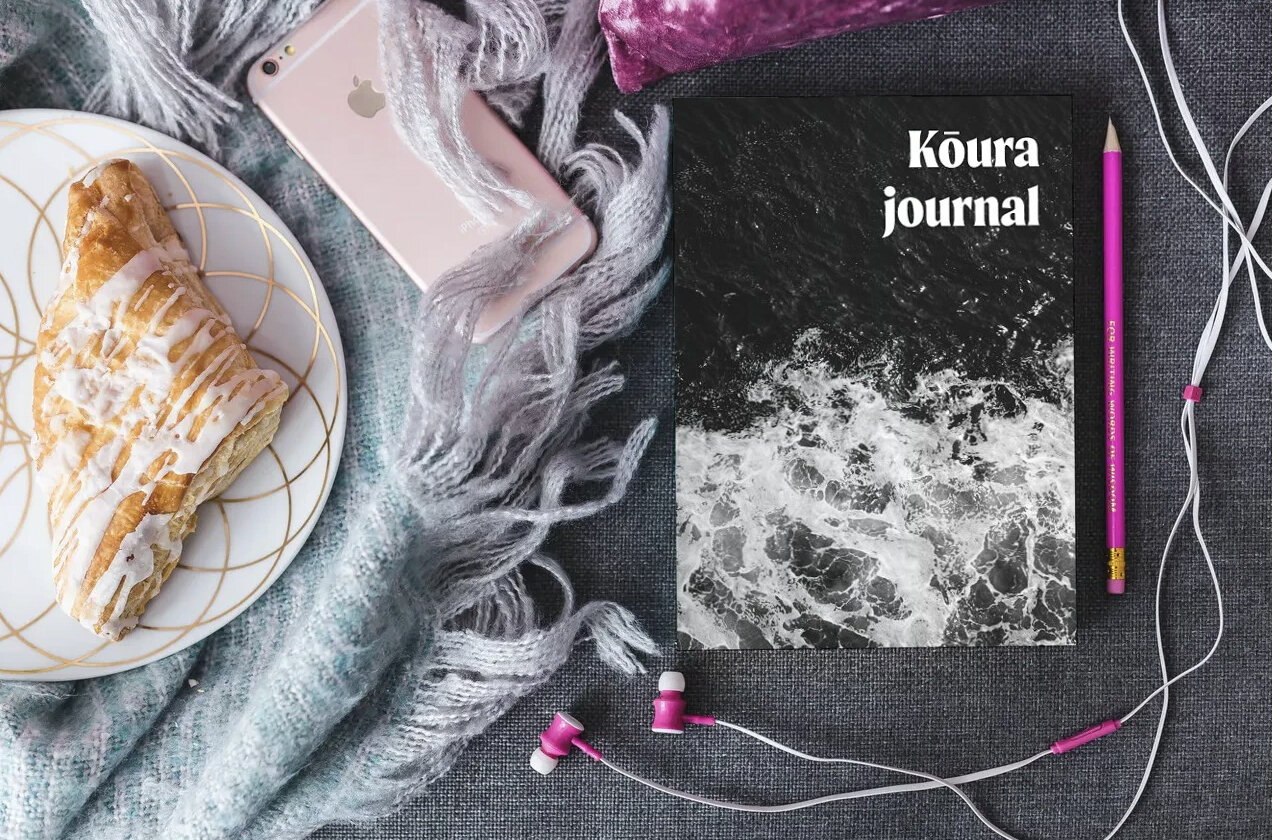Kōura - a new way of journalling
I bought a Kōura journal online recently as a gift to myself for starting a new role. Initially, I was drawn to Kōura from its crisp design aesthetic (and also cos I saw that someone I really admire ‘liked’ the page - ahem, it might have been Emily Writes) and as I explored further I thought I would give it ago and get me a present, from me. (for the very affordable price of 20 bucks!)
I know a little bit about DBT -dialectical behavioural therapy- but have never used the POWER framework which this journal is built on - it’s awesome. Basically ‘thinking dialectically’ “refers to the ability to view issues from multiple perspectives and to arrive at the most economical and reasonable reconciliation of seemingly contradictory information and postures.”
DBT as a therapy is mostly, but not always, used quite specifically within the context of particular conditions, whereas DBT skills are a set of approaches to our behaviour that can help us be mindful and shift our thinking. We think that this framework, and the way it is used in the context of this journal, is useful for everybody!
I have found through the process of using my own journal, I have started to notice my day differently - viewing it through a lens of questions like ‘what’s my one good thing today’? Or ‘what am I watching myself about again?’ - the framework is very simple (and there is space for me to write to do lists and notes in my work one) and it is genuinely having an effect on changing my approach to my day, or the focus that I bring to myself (actually, it’s helping me have a focus on myself full stop, where before there was none, just a focus on getting the work done). The way that the journal is set out is that there is no right or wrong way to do your own self care - you make the rules, and it’s not about conforming to an ideal that may or may not be right for you. I think this might be the part I love the most about it - having agency around what supports your own wellbeing within your own context.
So, obviously, I am now a huge fan! I got one for my step daughter, and also decided to reach out to Kelly who designed the journal, and went so far as asking for some more journals to gift to some amazing, extremely hard working midwives that I work with in my other mahi. I decided it would be good to talk to her further and ask her about how this simple, effective and beautifully designed journal came about.
If you are a journalling type person, and like lists and ticking things off , this could be the wellbeing journal for you! (FYI no live laugh love quotes included)
(PS… this is not a paid sponsored post or anything like that - just genuinely fangirling! If you like the sound of this journal, you can find it at kouralife.com)
Tell us about the journey towards Kōura - what made you come up with the idea of putting together a journal?
Kōura came about during COVID-19, when everything was topsy-turvy and it felt like everything was happening at once. I’d been using the POWER system for quite a long time before that, and had been using it for myself most days. I originally put it into journal form because I wanted something I could take to work and have my to-dos but also my self-care next to it to remind me to do the things I needed to do to stay functioning.
It became clear that during the lockdown, and still today, my friends were struggling with their own mental wellbeing. I’d sent them a few journals, which they loved, and I decided to set up Koura’s website and started selling them from there.
Kōura is based around the DBT POWER framework - can you tell us a little bit about that?
In 2015 or so, I was able to attend a series of Dialectic Behaviour Therapy Skills classes and honestly, it changed my life. The idea of being in the moment, using mindfulness to regulate emotions and cope with stress, was a huge shift for me.
The idea behind Kōura was to be mindful about the things you were doing to look after yourself, and not judge people on what they were or weren’t doing. I see a lot of wellbeing things that are like “train for a 5km run” or “eat clean” and I wanted to move away from the concept that “being well” was only for people who could afford to “eat clean” or had the ability to go for a run every morning. At its heart, Kōura is about tracking five simple things that you’re doing each day that are just for you.
Becoming a parent was, for you, like all of us, a super challenging time full of so much change and ups and downs. Can you share some of the most valuable lessons that you learned?
Asking for help doesn’t mean you’re failing as a parent.
Building up support before you need it is a really important thing to do.
Nobody knows what they’re doing. All babies are lovely and delightful and terrifying all at the same time. But they are all unique - what works for one baby, won’t work for another. So take advice with a grain of salt and give it a go, if you want to but if it doesn’t work, that doesn’t mean you or your baby are broken or failing.
Do what you can, don’t do what you can’t. I’m embarrassed about how often my son got a bath in that first year of his life - we don’t have a bath at home and so it’s a process. But he’s fine! He might not have been the cleanest baby in the world but the important parts were getting cleaned three, four, a billion times a day and that’s ok.
Any top tips for us for staying in balance over this Christmas period and the end of the absolutely bizarre, unpredictable and topsy turvy year 2020 has been?
It’s cheesy but… be kind to yourself. We have all experienced a collective trauma this year and this holiday period is going to be different. Do things that you enjoy doing and don’t do things that only bring you stress. For example, I’ve always been a “cook everything for Christmas” kind of person but this year, we’re getting a food box delivered so I don’t have to tackle the supermarket at the last minute.
What are you hoping for in the year ahead?
I want an incredibly boring year with no real surprises. Other than that, I want my son to stop running away from me in supermarkets, my dog to stop barking at everyone who walks past our house, and my house to be magically tidy every day when I come home. You know, all small things ;)
The 5 categories of well being in the POWER framework


